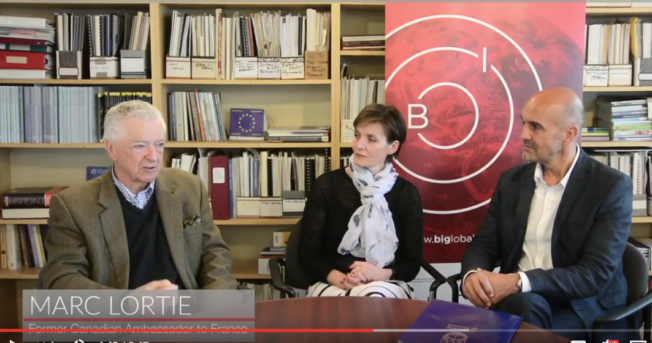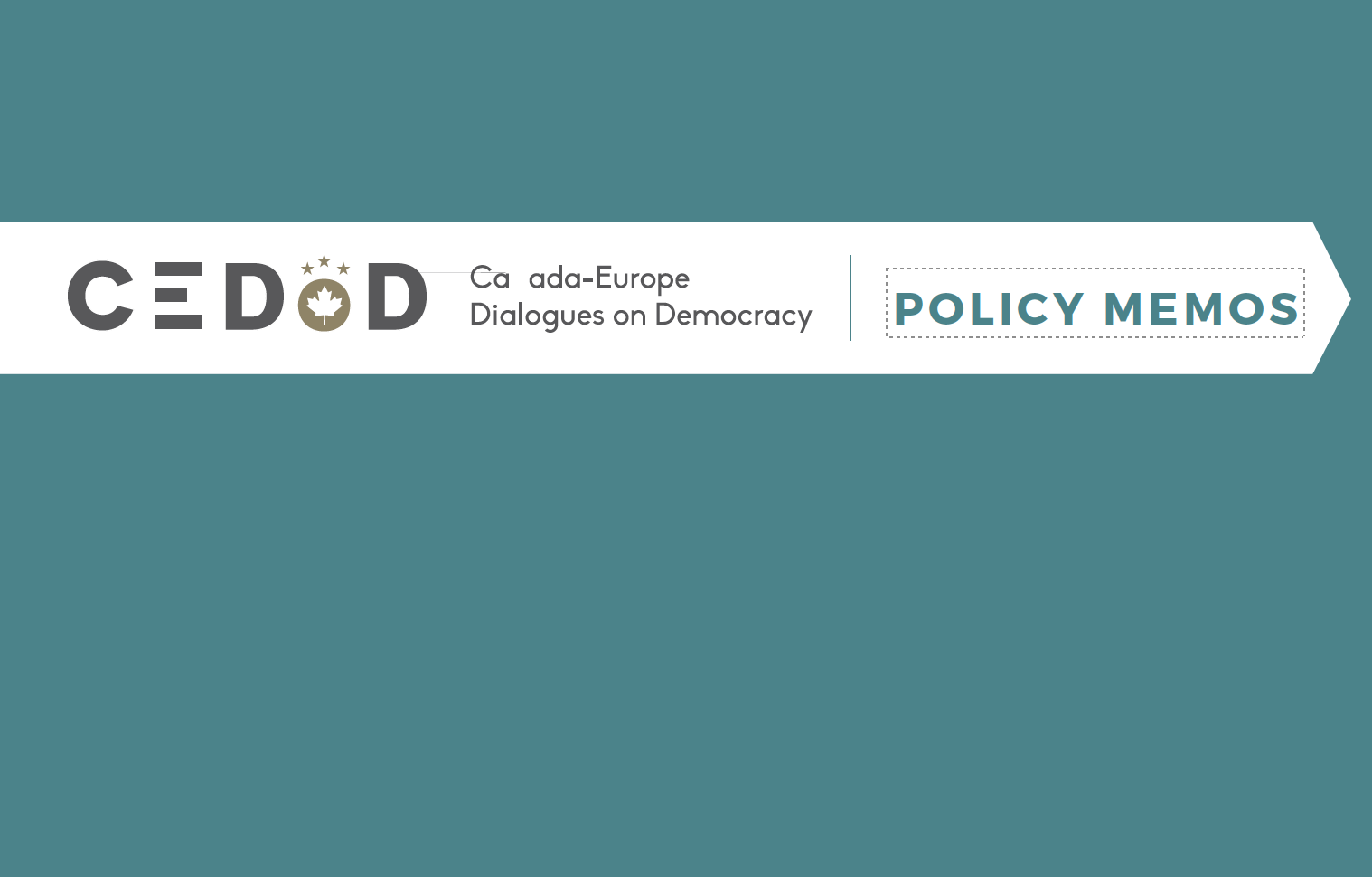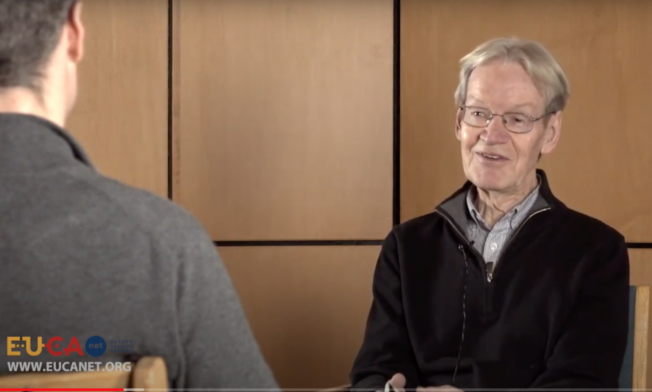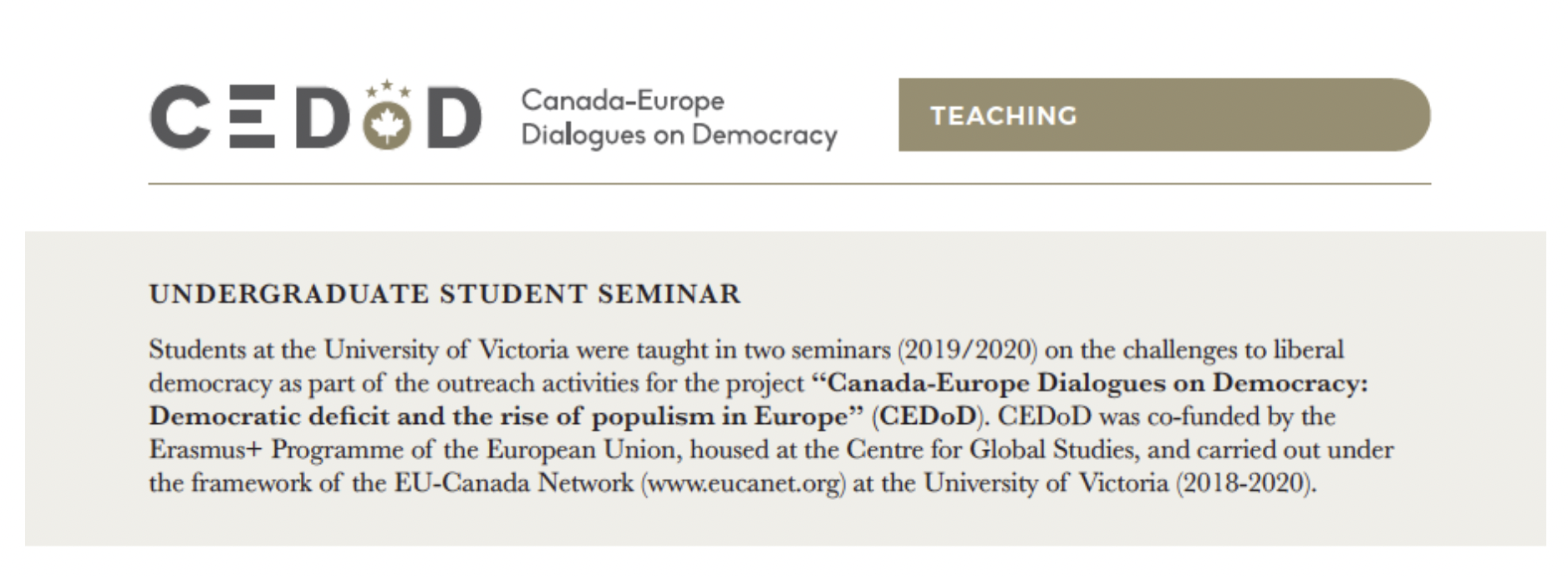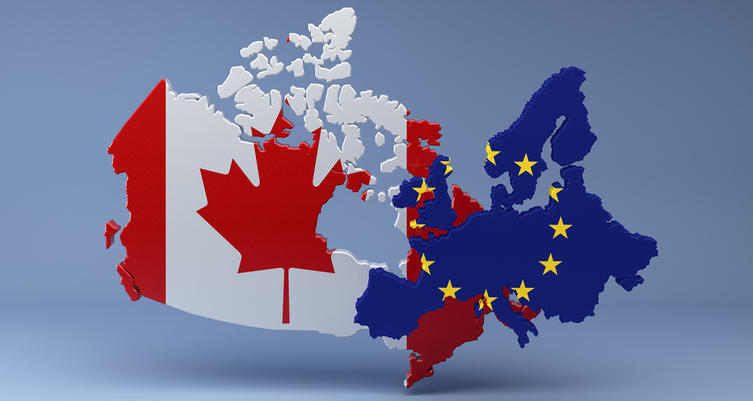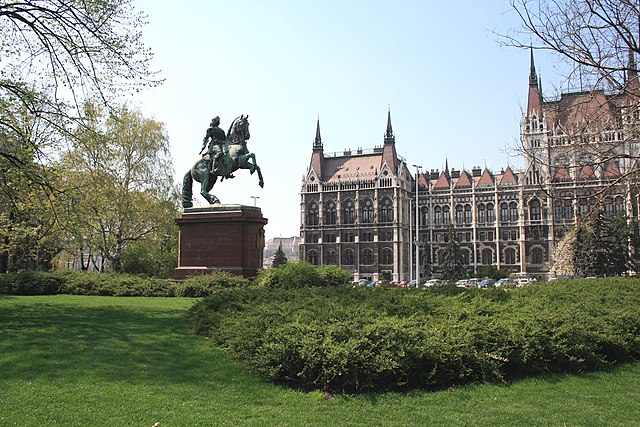Political Party Fragmentation in the Netherlands, by Willem Maas
By Willem Maas, Glendon College at the York University
Much has changed in the Netherlands since its last parliamentary elections in 2012 – but much more has changed elsewhere. The Arab Spring has turned into the Arab Winter, and the Syrian civil war has worsened dramatically, leading millions to seek refuge. Russia under Putin has invaded eastern Ukraine and outright annexed Crimea. Turkey slides towards authoritarianism and its bid to join the European Union (EU) looks stalled at best, as the Erdoğan government jails and sidelines opponents with impunity. Resurgent nationalism mixed with populism leads governments in Hungary, Poland, and elsewhere to oppose immigrants and the EU. Similar dynamics drove the votes for Brexit and Trump, which have heightened geopolitical uncertainty.
In the 2012 elections, the anti-immigrant and anti-EU party (PVV) of Geert Wilders dropped from 24 to 15 seats in the 150-seat lower house, and lost its role supporting the governing coalition. The defection of over one-third of its voters was a bitter defeat made all the more dramatic because it was Wilders himself who forced the elections by withdrawing his support from the government formed after the 2010 elections: a minority coalition of the conservative VVD (31 seats) and the Christian democratic CDA (21 seats), which depended on the PVV to pass legislation.
Wilders has been a member of parliament since 1998, initially for the VVD; he had been a VVD employee and speechwriter since 1990. As a member of parliament, he left the VVD to form his own group in 2004 after refusing to accept the VVD’s position that Turkey could join the EU if it fulfilled the criteria for membership. After breaking with the VVD, Wilders gained 9 seats in the 2006 elections, then 24 in the 2012 elections, which was shocking but still less than the similarly anti-immigrant List Pim Fortuyn (LPF) party’s 26 seats in the 2002 elections – but that included a large sympathy vote for Fortuyn’s murder by a Dutch environmental activist nine days before the elections. Since breaking with the VVD, Wilders’s pronouncements have become ever more stridently anti-EU and anti-Islamic.
The current government of the Netherlands is a coalition between the VVD and the Labour party (PvdA), which won 41 seats and 38 seats respectively in the 2012 elections – more than the 76 seats required for a majority. Such a two-party coalition government seems impossible today.
The reason that Wilders’s PVV may become the largest party has less to do with rising anti-immigrant and Euroskeptic sentiment (some polls have Wilders winning over 30 seats; but Wilders won 24 seats in 2010, and the LPF won 26 seats in 2002) than with the fragmentation of the Dutch political party system.
The VVD will almost certainly win less than the 41 seats it won in 2012, and the PvdA looks set to lose even more. Until recently, the largest three or four parties regularly won the vast majority of seats in parliament, with the largest two usually each winning 50 or more. But the traditional parties have been riven by internal discord and breakaway members – as in the case of Wilders or that of dissident PvdA members who started an immigrant-oriented party Denk (which may win 2 or 3 seats) – while upstart movements siphon voters to new parties, which are often narrow in scope. For example, an animal rights party and a party for retirees will likely win 5 or so seats each; and many other smaller parties will take votes. The environmentalist leftist party GreenLeft looks set for its best showing ever while the Socialists may also increase their seat count.
A record number of 28 parties are on the ballot and, if the polls are to be believed, over a dozen will win seats. If the current standings in the polls are replicated in the actual elections, the process of forming a new government will likely take many months, and the resulting government will consist of at least four and possibly five or more parties.
About the author: Willem Maas (PhD Yale), Jean Monnet Chair and Professor of Political Science, Public & International Affairs, and Socio-Legal Studies at York University, chaired Glendon Political Science for three and a half years and Glendon Faculty Council for four. Professor Maas co-founded APSA’s Migration and Citizenship section, has held appointments at EUI, Leiden, NYU, and elsewhere, and writes on EU and multilevel citizenship, migration, borders, and politics focusing on Europe and North America.


